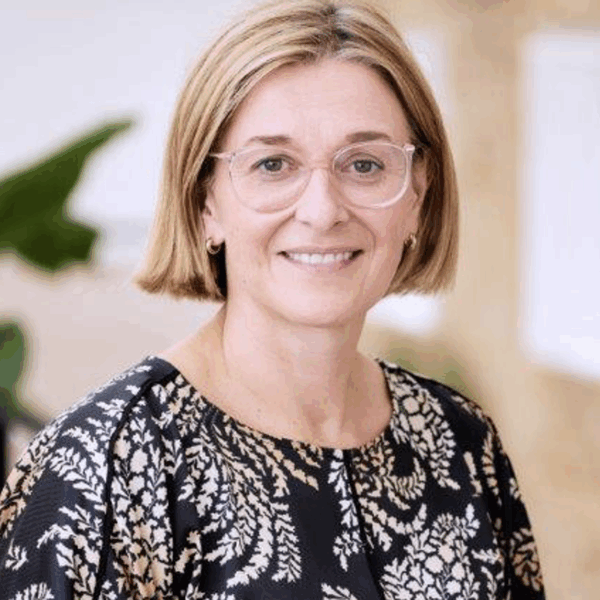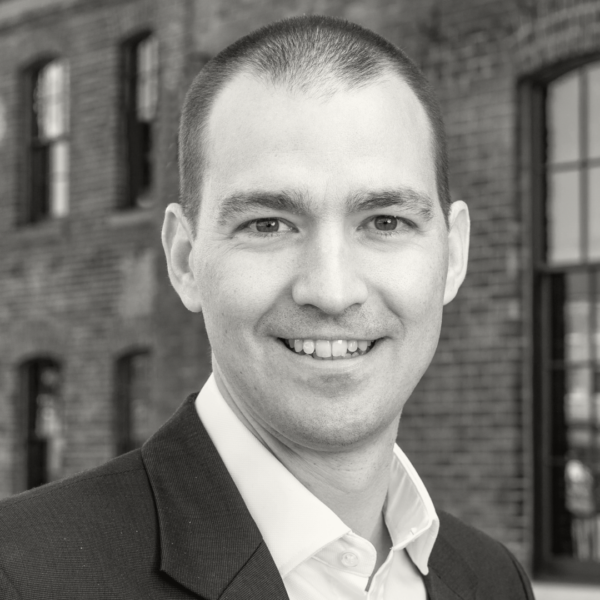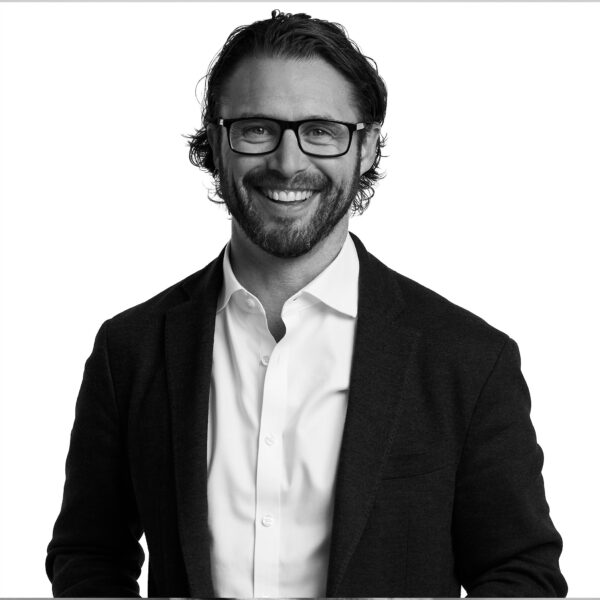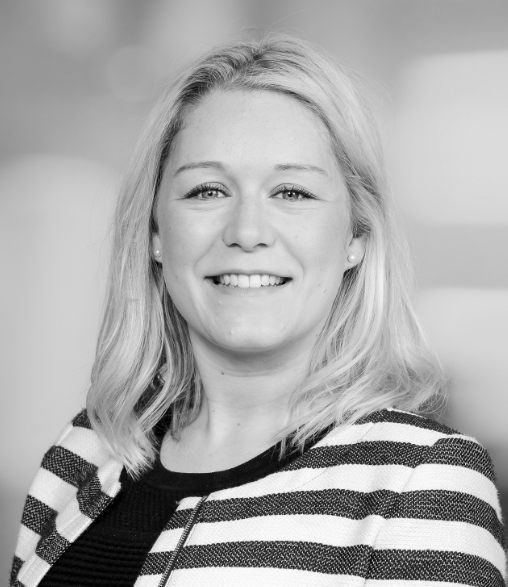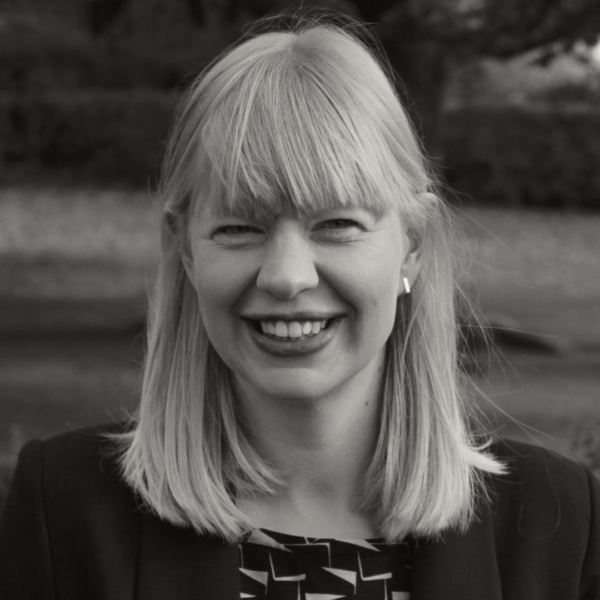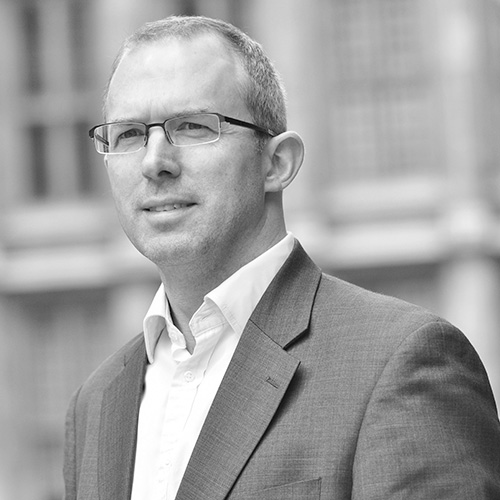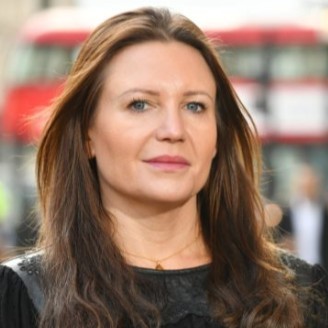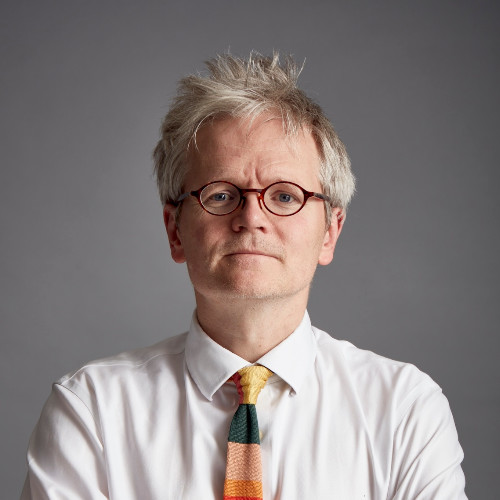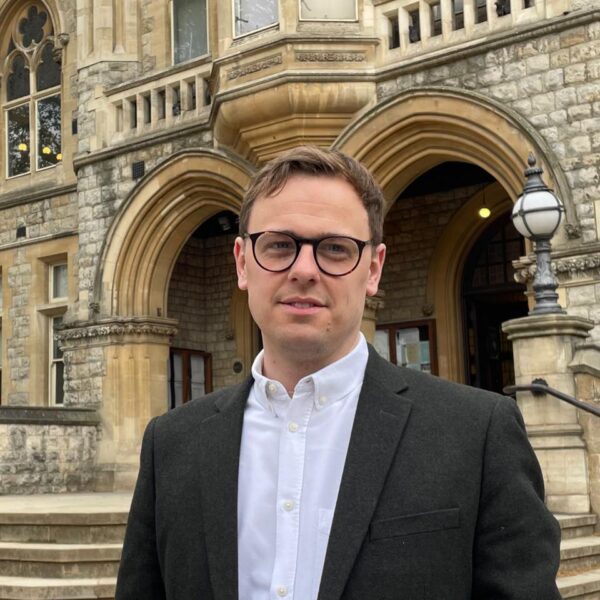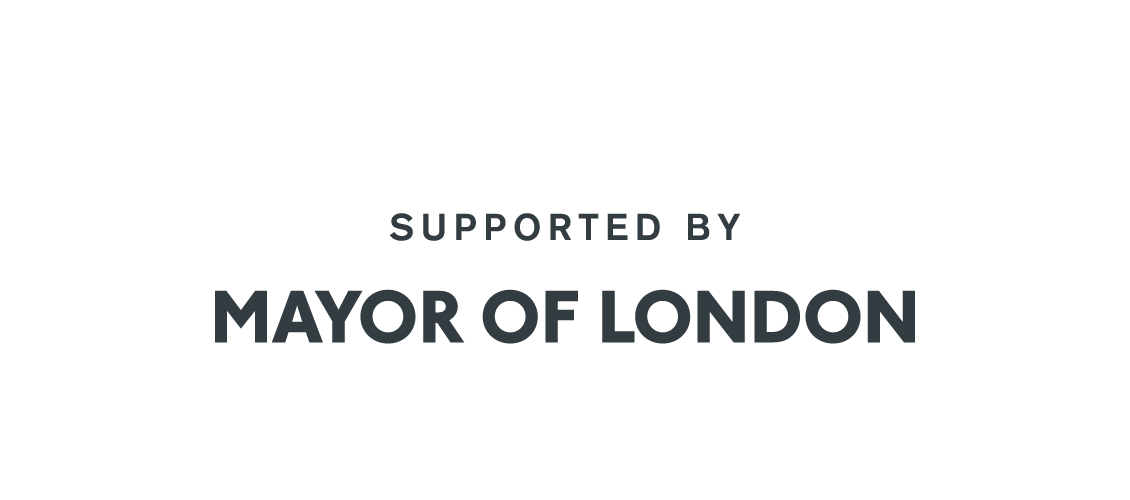This year our theme will be Partnership. Addressing the biggest urban challenges of our time and delivering the best outcomes for all stakeholders will require deeper partnership between those planning and managing our built environment.
The London Real Estate Forum thought leadership programme takes place across five main stages and a series of round tables, with extensive opportunities for delegates to network and make new connections in the social spaces that will be activated across the Guildhall Complex. – Keep a look out as more sessions will be announced soon!
